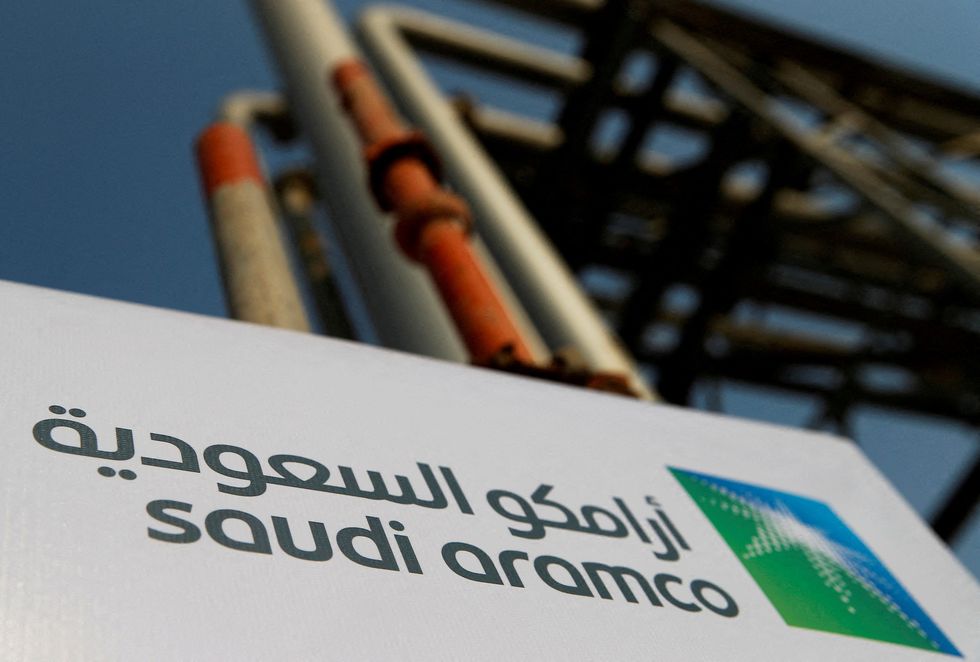The boss of one of the world’s largest oil companies has confirmed that petrol and diesel engines will still be seen in vehicles in the coming years, despite calls to ban polluting cars.
The current plan for the UK and European Union is to end the sale of new petrol and diesel vehicles from 2035 which has become one of the biggest points of contention for the car market in recent years.
Following its landslide election victory, Labour is planning to reinstate the original 2030 deadline to end the sale of new vehicles with an internal combustion engine, although it is unclear when and if this will happen.
Despite the automotive sector moving towards electric vehicles, some experts are predicting that petrol and diesel engines will continue to be seen for a long time.
Do you have a story you’d like to share? Get in touch by emailingmotoring@gbnews.uk
At present, petrol and diesel car sales will be banned from 2035
PA
Yasser Mufti, the executive vice president of Saudi Aramco, has a very optimistic view about the future of petrol and diesel vehicles.
It comes as Saudi Aramco took a 10 per cent stake, worth €740million (£621million), in Horse Powertrain, a company dedicated to building fuel-based engines as it looks to generate more revenue.
Horse Powertrain was originally launched by Chinese carmaker Geely, which now controls luxury EV brand Polestar, and French automotive giant Renault.
He told the Financial Times: “It will be incredibly expensive for the world to completely stamp out, or do without internal combustion engines.
“If you look at affordability and a lot of other factors, I do think they will be around for a very, very long time.”
He also suggested that internal combustion engines would be around “forever” and that more than half of all cars will run on some sort of fuel by 2050.
Despite the uncertainty around the future of electric vehicles, major manufacturers could risk huge fines for not producing enough electric vehicles under the Zero Emission Vehicle mandate.
This dictates that manufacturers must have emissions-free vehicles make up 22 per cent of total sales by the end of the year, with further deadlines until 2035.
Some drivers remain hesitant to invest in an electric vehicle over battery range fears, high upfront costs and concerns about how they would be able to charge their EV.
While sales of diesel vehicles have dropped considerably, petrol cars and vans still dominate the market share, with new data from the Society of Motor Manufacturers and Traders (SMMT) showing petrol has a 50.9 per cent market share.
Data from RAC Fuel Watch shows that fuel prices across the UK have stabilised somewhat across the UK in recent months, although major retailers and supermarkets continue to be accused of profiteering.
The average price of petrol is now just over 145p per litre, while diesel drivers are paying an average of £1.50.
LATEST DEVELOPMENTS:

A boss at Saudi Aramco said petrol and diesel cars would continue to be seen on roads
REUTERS
The RAC also forecasts that these costs should fall in the near future – a welcome sign to millions of British motorists after years of high costs.
Drivers in Northern Ireland continue to benefit from cheaper fuel costs thanks to the Consumer Council’s Fuel Price Checker, which saves them an average of 5p per litre compared to the rest of the UK.

